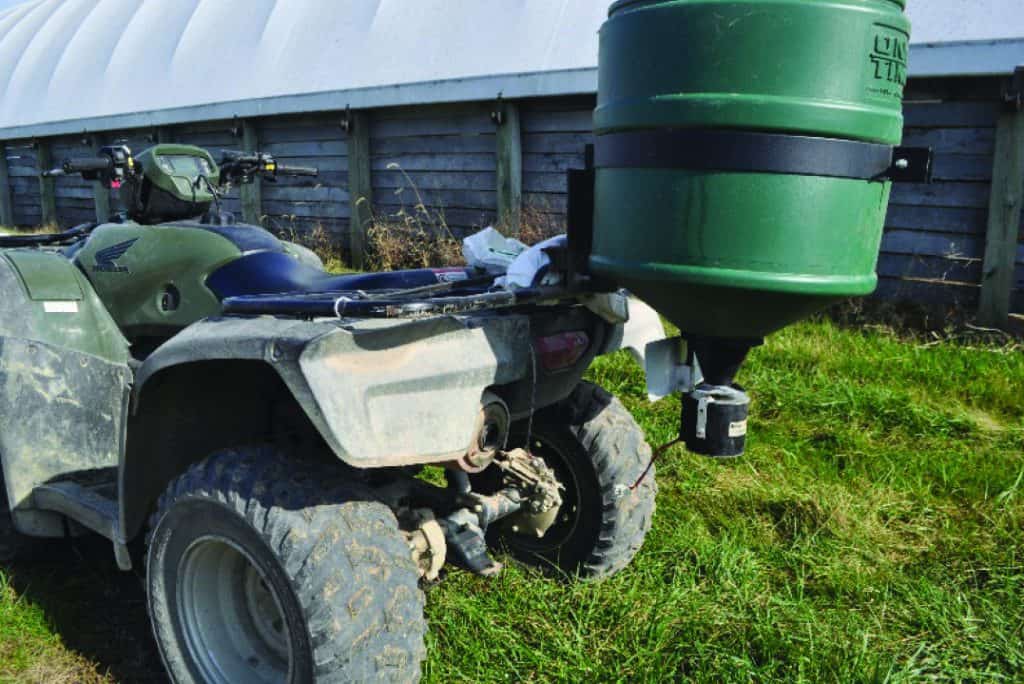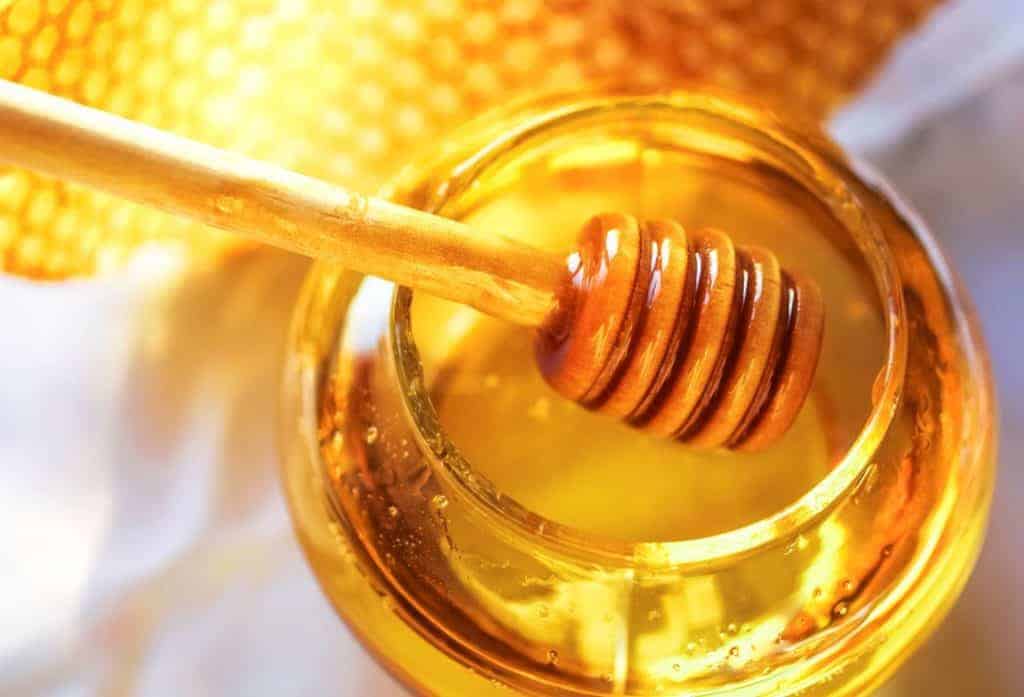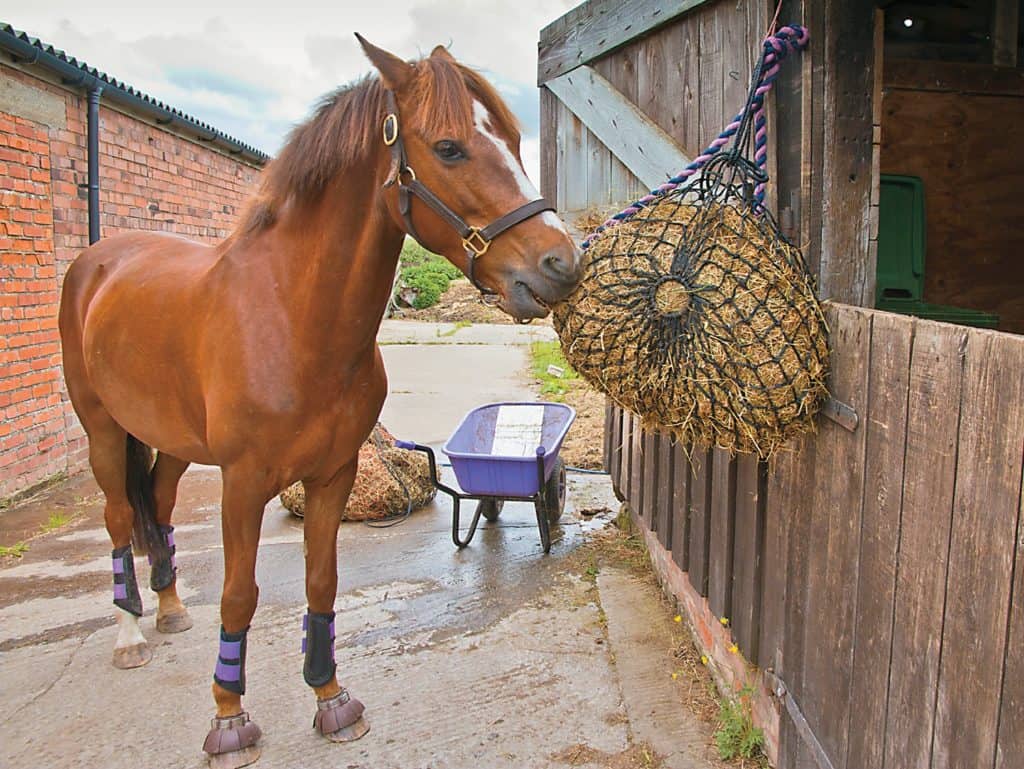
Fall Nitrogen Application Benefits Horse Pastures Year-Round
Fall is prime time to invest in pastures to protect them before and throughout the winter to ensure good grazing in the spring.

Fall is prime time to invest in pastures to protect them before and throughout the winter to ensure good grazing in the spring.

Find out which horses are at the highest risk for feed-related choke and what you can do to reduce that risk.

Evacuating horse owners aren’t the only ones that should prepare in advance. Here’s what farm owners opening their facilities to displaced horses should know.

Including honey in the equine diet is common in some countries, but is it safe?

Switch your horse’s feed type or amount gradually to minimize his risk of digestive upset. Plan any nutrient-dense dietary changes carefully to avoid health problems such as colic or laminitis and to allow for maximum nutrient digestion.

When buying horse feed, you might face the choice between “textured” and “pelleted.” Our nutritionist explains the difference.

Is question organic or nongenetically modified hays better for horses? A forage specialist explains why the answer to this hotly debated question could come down to personal preference.

We must consider the breeds of our horses and ponies when planning their diets. Here’s a look at what we currently know about feeding major equid categories and where we’re heading.

Whether you’re taking your horse on a back-country vacation, moving out of state, or traveling to the World Equestrian Games, don’t assume your horse’s feed will be available at your destination.

Find out how to construct safe, aesthetic, and eco-friendly confinement areas on your horse property.

Take steps to manage your horse’s weight and behavior while he’s cooped up.

Have you cleaned your horse’s feed bucket recently? Dr. Clair Thunes shares tips on when, why, and how often you should clean your horse’s buckets and feeders.

Common feeding practices could be causing your horse’s stomach acid levels to rise.

Early signs of fluorine toxicosis in horses can include unthriftiness, standing with an arched back, rough hair coats, bone thickening, stiffness, and lameness.

A Kentucky Thoroughbred farm is reaping the benefits of healthier mares and foals after making horse pasture renovations over the past year with guidance from University of Kentucky personnel.

Critical conditions such as colic, injuries, and dehydration can strike when you’re at a competition with your horse. Here’s how to handle them.
Stay on top of the most recent Horse Health news with
"*" indicates required fields